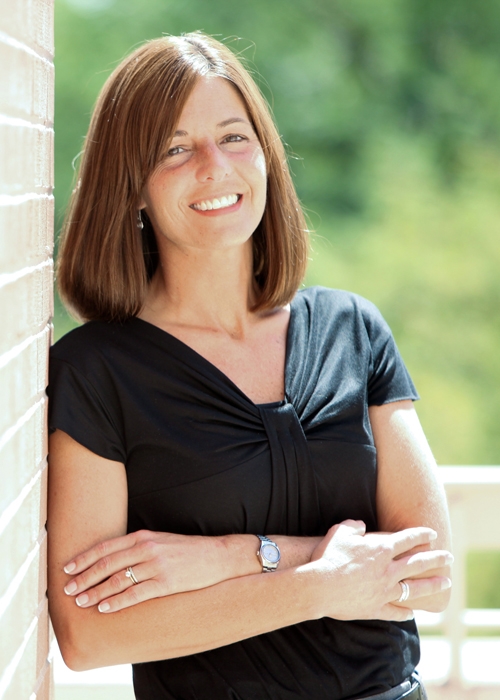Elizabeth Jacobs awarded $1.5 million to study vitamin D and its role in colon cancer
 |
|
Elizabeth Jacobs, PhD |
Elizabeth Jacobs, PhD, Arizona Cancer Center scientist, epidemiologist and associate professor at the University of Arizona Mel and Enid Zuckerman College of Public Health, and Peter Jurutka, PhD, of the University of Arizona College of Medicine Phoenix in partnership with Arizona State University, have been awarded a $1.5 million grant from the National Cancer Institute to study vitamin D and its relationship to colon cancer.
This five-year R01 grant will enable Dr. Jacobs and Dr. Jurutka, co-principal investigators, to study the epidemiology and molecular biology of the relationship between vitamin D and colorectal cancer.
This research will help determine whether serum levels of vitamin D are related to colorectal adenoma recurrence and whether genetic variation in enzymes in the vitamin D pathway effect colorectal cancer recurrence. Their research will examine the functional effects of genetic variation in the cell, and will elucidate a potential mechanism of action of vitamin D within colon cancer cells.
What we hope to find is that higher levels of vitamin D are associated with a reduced risk for colorectal adenomas. We also hope to both identify and mechanistically explain changes in genes which might be related to the amount of vitamin D available to cells. These findings could help us understand whether supplementing with vitamin D could prevent the formation of colorectal adenomas, the precursors to colorectal cancer, and also if there are people who may need more vitamin D due to their genetic background Dr. Jacobs explained.
The Arizona Cancer Center is the only National Cancer Institute-designated comprehensive cancer center headquartered in Arizona. With primary locations at the University of Arizona in Tucson and in Scottsdale, the Center has more than a dozen research and education offices throughout the state and 300 physician and scientist members working to prevent and cure cancer. For more information, go to www.arizonacancercenter.org

